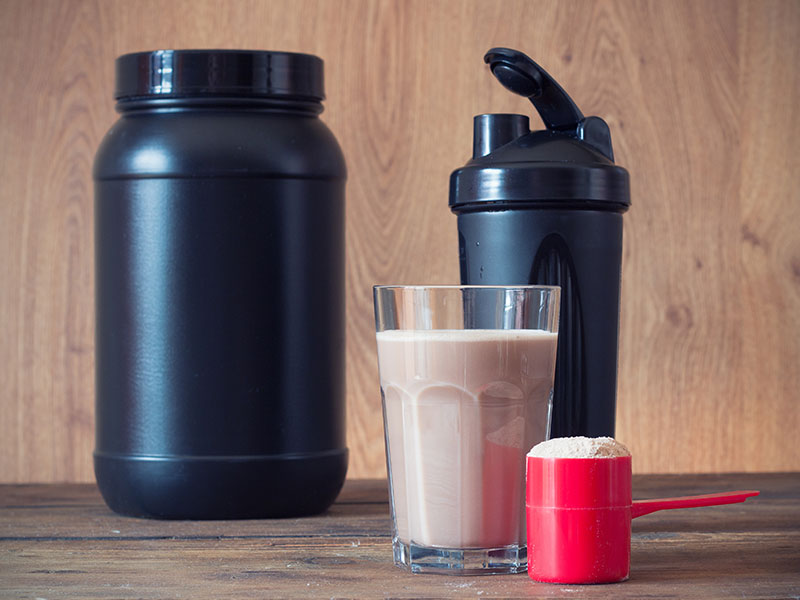The NCAA’s list of banned substances never sits still for very long.
As a result, it’s important to pay attention to what you’re putting in your body.
This applies to both athletes and the medical professionals entrusted with their care. In some cases, the possibility exists that a properly prescribed medication may also be on the NCAA’s list of banned substances.
In those cases, collaborative efforts between athletes and providers are not just preferable. They are absolutely necessary.
“There are those with medical needs that come into our care who need to be aware that some of their treatments might involve banned substances,” said Jason Thompson, a certified physician assistant for the Sanford Sports Science Institute. “There are ways and means for the athletes to negotiate that path and get the care they need but it has to start with due diligence.”
To that end, the Sanford Sports Science Institute has created a document that serves as a starting point for athletes who need to know NCAA guidelines regarding medications and nutritional supplements.
In short, within the NCAA, the responsibility falls on the athlete to know what they’re taking. Ideally, physicians share in that responsibility.
“We want to help athletes on this journey to be informed, as well as clinicians,” Thompson said. “A lot of clinicians probably don’t work with collegiate athletes on a routine basis so they may not be aware that these rules are in place. We want to create a shared responsibility.”
Trusting nutritional labels a gamble
Dietary supplements are not strictly regulated by the Food and Drug Administration, so it’s a “buyer beware” situation for athletes. Just because a product does not list banned substances among its ingredients, it does not mean none are present.
Ultimately, trusting labels on supplements can be a gamble in regard to NCAA eligibility.
“Supplementation is an area where you have to be very diligent. You really have to do your homework,” Thompson said. “Parents of young athletes — or athletes themselves — should talk with their care providers regarding their recommendations.”
When used responsibly, dietary supplements can help athletes hit their nutritional targets. A healthy, balanced diet is always going to be the goal, but that can be difficult to achieve. Consultations with people like Lizzie Kasparek, the staff sports dietitian at the sports science institute, can help athletes use supplements safely and effectively.
“All of us could eat better,” Thompson said. “There are definitely supplements out there that help fill in the missing links for a lot of people. We all live busy lives and it can take extra effort to get all the nutrients we should be getting.”
Common questions about nutritional supplements
Thompson often fields questions from athletes and their parents about supplements. Ultimately those questions are these:
- Is the supplement safe?
- Does the supplement help?
“People want to know if they’re investing money in a supplement, will it really change performance,” Thompson said. “Nobody wants to invest time, energy and money into something that may not enhance either a child’s health or performance.”
Bottom line: Be well-schooled on the information the NCAA provides. And make sure those prescribing treatment — or recommending supplements — are also aware of those guidelines.
“There are links provided on the document that show what most supplements contain,” Thompson said. “You want to talk with your health care provider and dietitian to do a full assessment of what deficiencies might exist. Then you can take a systematic approach toward taking care of it.”
Learn more
- Weight gain: Does it impact performance?
- Sports physical can help parents spot health issues
- How to know if dietary supplements can help or harm
…
Posted In Back to School, Healthy Living, Nutrition, Sports Medicine
